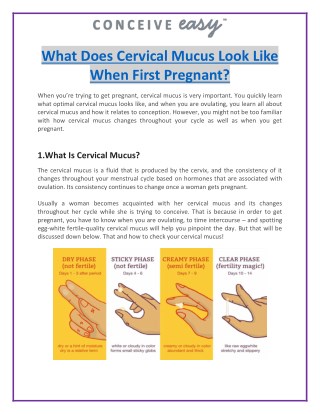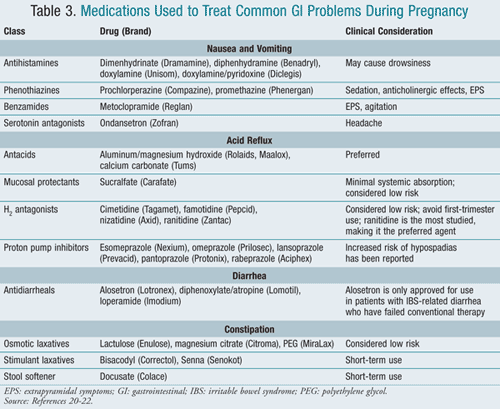Cold while pregnant first trimester
How to Treat a Cold During Pregnancy
Having a cold is never fun—especially not when you’re expecting. If you’re feeling under the weather, you might be wondering how to tackle it. Is cold medicine safe for pregnancy? Will a cold during pregnancy affect baby? We asked two experts for answers. Below, get a rundown of everything you need to know about having a cold while pregnant, from symptoms to look for to quick tips on how to find relief.
In this article:
What causes a cold during pregnancy?
Cold symptoms during pregnancy
How to treat a cold while pregnant
When to call the doctor about a cold during pregnancy
Preventing colds while pregnant
What Causes a Cold During Pregnancy?
The reasons someone catches a cold while pregnant are the same as they were before baby. The common cold is an infection of the upper respiratory tract, and there are over 200 viruses that cause it, including the very common Rhinovirus, says Cynthia Flynn, MD, a Florida-based ob-gyn with JustAnswer. Plus, cold viruses are easily spread through direct contact and the air (via sneezing and coughing), so they can be transmitted through something you touch or even by being near someone else with a cold, Flynn adds.
Pregnant women are also more prone to colds because of their changed immune system, which works extra hard to protect both mom and baby. “The immune system during pregnancy is very complex and changes to [give] immune responses to the fetus,” she explains. “While the specific changes are very complex, the end result is that minor infections may be more common.” They can last longer too—anywhere from five to 10 days, Flynn says. Most women will experience two to three colds during their pregnancy, but, like so many other aspects of pregnancy, this will vary from person to person. “Some experience no colds, and some many more. This depends on the exposure that the woman has in her day-to-day life,” Flynn says.
Does a cold during pregnancy affect baby?
If you’re wondering whether your cold will negatively affect baby, the good news is it won’t.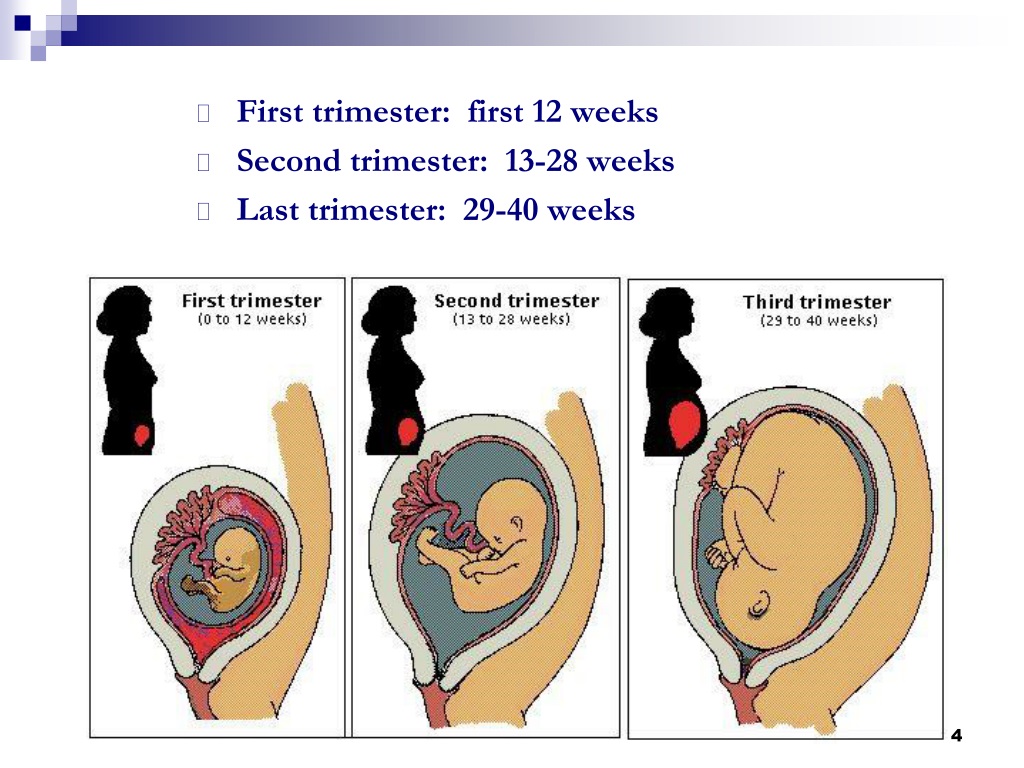 In fact, if you catch a cold during the third trimester, you might even pass on some protective antibodies to baby, Flynn notes. Rest assured that, while you may feel uncomfortable, baby’s doing just fine.
In fact, if you catch a cold during the third trimester, you might even pass on some protective antibodies to baby, Flynn notes. Rest assured that, while you may feel uncomfortable, baby’s doing just fine.
Cold Symptoms During Pregnancy
You probably know the symptoms of a cold by heart: nasal congestion, a cough, sore throat and low-grade fever. While these symptoms remain the same during pregnancy, they can be hard to distinguish from typical pregnancy side effects. “A runny nose and feeling tired can be normal symptoms of pregnancy,” says Sharon Phelan, MD, an ob-gyn based in New Mexico. “Your blood volume increases by 40 percent during pregnancy, so all the blood vessels become more dilated. You’ve got a lot of blood vessels in your nose, so you can have more nasal discharge. And the hormones of pregnancy, particularly progesterone, tend to make you really tired.”
Unfortunately, there aren’t any tests for diagnosing colds, but if you have a runny nose (beyond your usual pregnancy nose), sore throat and cough, then you probably have a cold—especially if the people you’re closest to (like your partner and other family members) have colds too.
Differentiating between a cold and other respiratory infections
If you’re feeling under the weather you might be asking if you have a cold, or something else, like the flu or COVID. One way to differentiate between a common cold and other respiratory illnesses is by how bad the symptoms are. For something other than a cold, Flynn says the symptoms will be a little more severe and will include a sore throat, fever and muscle aches. If you think you might have COVID or the flu during pregnancy, reach out to your doctor to get tested.
How to Treat a Cold While Pregnant
If this is the first cold you’ve had since you’ve been pregnant, you’re probably wondering how to deal with it safely. Luckily, there are some pregnancy-safe cold medicines that can help treat your cold symptoms, both Flynn and Phelan say, including vapor rub and Tylenol (acetaminophen), Robitussin and Benadryl. While some other decongestants and cold medicine may also be safe while pregnant, you should always check with your doctor before taking anything. “Some decongestants, like pseudoephedrine, can increase your blood pressure,” Phelan says. “Since some women have blood pressure problems while they’re pregnant, it’s best to check first.”
“Some decongestants, like pseudoephedrine, can increase your blood pressure,” Phelan says. “Since some women have blood pressure problems while they’re pregnant, it’s best to check first.”
Home remedies for a cold during pregnancy
Aside from cold medicines, there are also several easy home remedies for a cold during pregnancy, including:
-
Take in steam. Steam and humidity “help keep mucus loose so you can cough it out or blow it out,” Phelan says, which can help clear up clogged nasal passages. Take a steam shower once or twice a day, breathe in steam from a hot drink or run a humidifier to “keep your nasal passages moist,” Phelan suggests.
-
Drink fluids. It’s age-old advice for a reason. Flynn recommends drinking lots of water and decaf tea with lemon to soothe a sore throat. If you opt for tea, just be mindful of your daily caffeine intake.
-
Get some rest. It can be hard to slow things down with all the pregnancy to-dos on your plate, but if you’re dealing with a cold while pregnant, it’s important to get your rest.
 If you have little ones at home, ask a trusted loved one to help out for a few days until you feel better. If you work from an office, stay home for a day or two, Flynn suggests. Not only will you get some much-needed rest, but you’ll also prevent your cold from spreading to others.
If you have little ones at home, ask a trusted loved one to help out for a few days until you feel better. If you work from an office, stay home for a day or two, Flynn suggests. Not only will you get some much-needed rest, but you’ll also prevent your cold from spreading to others.
What other moms-to-be do for colds
Sometimes the best advice comes from someone who’s been through it. Curious about how other moms-to-be feel better when they have a cold? Here’s what three Bump users said:
-
“My husband and I both woke up this past weekend with extremely sore throats, followed by a headache, serious congestion and body aches, and now it’s moved into our chests. I see my primary doctor this afternoon. We’ve both been breathing steam, which helps. He’s able to take Alka-Seltzer to help, but I haven’t really felt like I can take anything!”
-
“All I’ve done is get lots of rest, drink rooibos (red) tea and also have hot water with one-fourth of a lemon squeezed in and some honey.
 I’ve found that it’s good for congestion and flushing out your system. I used Halls cough drops, too, but just the regular ones, not the ‘sustained release’ ones.”
I’ve found that it’s good for congestion and flushing out your system. I used Halls cough drops, too, but just the regular ones, not the ‘sustained release’ ones.” -
“What really helped me at night when I had a cold was Breathe Right nasal strips! They totally open your nose so you can breathe. Vicks VapoRub also helped—I would put some under my nose, and that would clear out my nose.”
When to Call the Doctor About a Cold During Pregnancy
The good news is most colds are harmless and will go away on their own. However, there are some situations that may warrant a call to the doctor, Flynn says, such as:
- A high-grade fever
- If the cold isn’t getting better or is getting worse after five days
- Difficulty breathing
- Over-the-counter medicine isn’t offering relief and your symptoms are getting increasingly uncomfortable
Once your doctor has evaluated if you have a cold or something else, they can offer next steps to help get you back to normal.
Preventing Colds While Pregnant
The best way to stay healthy while expecting is to try and prevent colds from occuring in the first place. Luckily, there’s lots of things you can do to keep your health top of mind—and thanks to the COVID-19 pandemic, more people now are proactive about them. Somes ways to ward of germs are:
- Wash your hands (or use hand sanitizer) frequently
- Avoid touching your eyes, nose and mouth
- Don’t shake hands with others
- Keep your distance from people with obvious cold symptoms
- Stay away from crowds and crowded indoor locations
- Wear a mask in public
If you do wind up coming down with a cold, don’t stress. Know it’s temporary, and there are ways to feel better. And baby is doing just fine.
About the experts:
Sharon Phelan, MD, is an ob-gyn based in New Mexico with over 20 years of experience. She has previously served as the professor of obstetrics and gynecology at the University of New Mexico, as well as a spokesperson for the American College of Obstetricians and Gynecologists. She received her medical degree from and completed her residency at the University of New Mexico.
She received her medical degree from and completed her residency at the University of New Mexico.
Cynthia Flynn, MD, is a board-certified ob-gyn based in Florida with over 20 years of experience. She is also an expert with the online platform JustAnswer. She received her degree from the Michigan State University College of Human Medicine.
Please note: The Bump and the materials and information it contains are not intended to, and do not constitute, medical or other health advice or diagnosis and should not be used as such. You should always consult with a qualified physician or health professional about your specific circumstances.
Plus, more from The Bump:
Over-The-Counter Medications You Can Take While Pregnant
How to Deal With Headaches During Pregnancy
How to Handle the Flu During Pregnancy
How to Treat a Cold During Pregnancy
Having a cold is never fun—especially not when you’re expecting. If you’re feeling under the weather, you might be wondering how to tackle it. Is cold medicine safe for pregnancy? Will a cold during pregnancy affect baby? We asked two experts for answers. Below, get a rundown of everything you need to know about having a cold while pregnant, from symptoms to look for to quick tips on how to find relief.
If you’re feeling under the weather, you might be wondering how to tackle it. Is cold medicine safe for pregnancy? Will a cold during pregnancy affect baby? We asked two experts for answers. Below, get a rundown of everything you need to know about having a cold while pregnant, from symptoms to look for to quick tips on how to find relief.
In this article:
What causes a cold during pregnancy?
Cold symptoms during pregnancy
How to treat a cold while pregnant
When to call the doctor about a cold during pregnancy
Preventing colds while pregnant
What Causes a Cold During Pregnancy?
The reasons someone catches a cold while pregnant are the same as they were before baby. The common cold is an infection of the upper respiratory tract, and there are over 200 viruses that cause it, including the very common Rhinovirus, says Cynthia Flynn, MD, a Florida-based ob-gyn with JustAnswer. Plus, cold viruses are easily spread through direct contact and the air (via sneezing and coughing), so they can be transmitted through something you touch or even by being near someone else with a cold, Flynn adds.
Pregnant women are also more prone to colds because of their changed immune system, which works extra hard to protect both mom and baby. “The immune system during pregnancy is very complex and changes to [give] immune responses to the fetus,” she explains. “While the specific changes are very complex, the end result is that minor infections may be more common.” They can last longer too—anywhere from five to 10 days, Flynn says. Most women will experience two to three colds during their pregnancy, but, like so many other aspects of pregnancy, this will vary from person to person. “Some experience no colds, and some many more. This depends on the exposure that the woman has in her day-to-day life,” Flynn says.
Does a cold during pregnancy affect baby?
If you’re wondering whether your cold will negatively affect baby, the good news is it won’t. In fact, if you catch a cold during the third trimester, you might even pass on some protective antibodies to baby, Flynn notes. Rest assured that, while you may feel uncomfortable, baby’s doing just fine.
Rest assured that, while you may feel uncomfortable, baby’s doing just fine.
Cold Symptoms During Pregnancy
You probably know the symptoms of a cold by heart: nasal congestion, a cough, sore throat and low-grade fever. While these symptoms remain the same during pregnancy, they can be hard to distinguish from typical pregnancy side effects. “A runny nose and feeling tired can be normal symptoms of pregnancy,” says Sharon Phelan, MD, an ob-gyn based in New Mexico. “Your blood volume increases by 40 percent during pregnancy, so all the blood vessels become more dilated. You’ve got a lot of blood vessels in your nose, so you can have more nasal discharge. And the hormones of pregnancy, particularly progesterone, tend to make you really tired.”
Unfortunately, there aren’t any tests for diagnosing colds, but if you have a runny nose (beyond your usual pregnancy nose), sore throat and cough, then you probably have a cold—especially if the people you’re closest to (like your partner and other family members) have colds too.
Differentiating between a cold and other respiratory infections
If you’re feeling under the weather you might be asking if you have a cold, or something else, like the flu or COVID. One way to differentiate between a common cold and other respiratory illnesses is by how bad the symptoms are. For something other than a cold, Flynn says the symptoms will be a little more severe and will include a sore throat, fever and muscle aches. If you think you might have COVID or the flu during pregnancy, reach out to your doctor to get tested.
How to Treat a Cold While Pregnant
If this is the first cold you’ve had since you’ve been pregnant, you’re probably wondering how to deal with it safely. Luckily, there are some pregnancy-safe cold medicines that can help treat your cold symptoms, both Flynn and Phelan say, including vapor rub and Tylenol (acetaminophen), Robitussin and Benadryl. While some other decongestants and cold medicine may also be safe while pregnant, you should always check with your doctor before taking anything. “Some decongestants, like pseudoephedrine, can increase your blood pressure,” Phelan says. “Since some women have blood pressure problems while they’re pregnant, it’s best to check first.”
“Some decongestants, like pseudoephedrine, can increase your blood pressure,” Phelan says. “Since some women have blood pressure problems while they’re pregnant, it’s best to check first.”
Home remedies for a cold during pregnancy
Aside from cold medicines, there are also several easy home remedies for a cold during pregnancy, including:
-
Take in steam. Steam and humidity “help keep mucus loose so you can cough it out or blow it out,” Phelan says, which can help clear up clogged nasal passages. Take a steam shower once or twice a day, breathe in steam from a hot drink or run a humidifier to “keep your nasal passages moist,” Phelan suggests.
-
Drink fluids. It’s age-old advice for a reason. Flynn recommends drinking lots of water and decaf tea with lemon to soothe a sore throat. If you opt for tea, just be mindful of your daily caffeine intake.
-
Get some rest. It can be hard to slow things down with all the pregnancy to-dos on your plate, but if you’re dealing with a cold while pregnant, it’s important to get your rest.
 If you have little ones at home, ask a trusted loved one to help out for a few days until you feel better. If you work from an office, stay home for a day or two, Flynn suggests. Not only will you get some much-needed rest, but you’ll also prevent your cold from spreading to others.
If you have little ones at home, ask a trusted loved one to help out for a few days until you feel better. If you work from an office, stay home for a day or two, Flynn suggests. Not only will you get some much-needed rest, but you’ll also prevent your cold from spreading to others.
What other moms-to-be do for colds
Sometimes the best advice comes from someone who’s been through it. Curious about how other moms-to-be feel better when they have a cold? Here’s what three Bump users said:
-
“My husband and I both woke up this past weekend with extremely sore throats, followed by a headache, serious congestion and body aches, and now it’s moved into our chests. I see my primary doctor this afternoon. We’ve both been breathing steam, which helps. He’s able to take Alka-Seltzer to help, but I haven’t really felt like I can take anything!”
-
“All I’ve done is get lots of rest, drink rooibos (red) tea and also have hot water with one-fourth of a lemon squeezed in and some honey.
 I’ve found that it’s good for congestion and flushing out your system. I used Halls cough drops, too, but just the regular ones, not the ‘sustained release’ ones.”
I’ve found that it’s good for congestion and flushing out your system. I used Halls cough drops, too, but just the regular ones, not the ‘sustained release’ ones.” -
“What really helped me at night when I had a cold was Breathe Right nasal strips! They totally open your nose so you can breathe. Vicks VapoRub also helped—I would put some under my nose, and that would clear out my nose.”
When to Call the Doctor About a Cold During Pregnancy
The good news is most colds are harmless and will go away on their own. However, there are some situations that may warrant a call to the doctor, Flynn says, such as:
- A high-grade fever
- If the cold isn’t getting better or is getting worse after five days
- Difficulty breathing
- Over-the-counter medicine isn’t offering relief and your symptoms are getting increasingly uncomfortable
Once your doctor has evaluated if you have a cold or something else, they can offer next steps to help get you back to normal.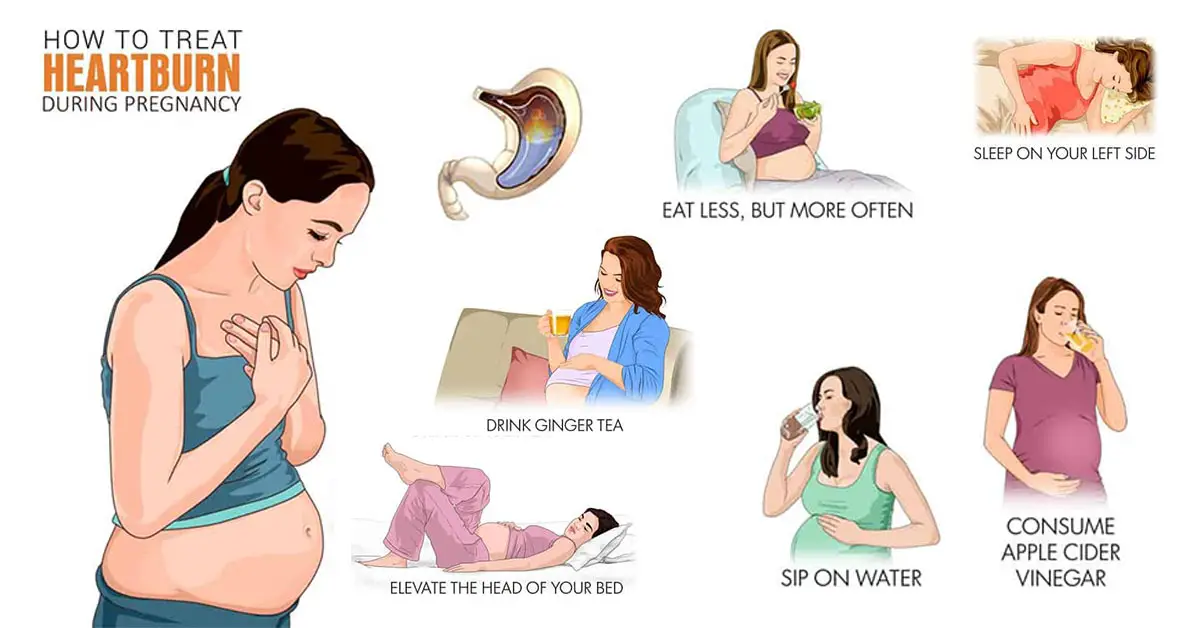
Preventing Colds While Pregnant
The best way to stay healthy while expecting is to try and prevent colds from occuring in the first place. Luckily, there’s lots of things you can do to keep your health top of mind—and thanks to the COVID-19 pandemic, more people now are proactive about them. Somes ways to ward of germs are:
- Wash your hands (or use hand sanitizer) frequently
- Avoid touching your eyes, nose and mouth
- Don’t shake hands with others
- Keep your distance from people with obvious cold symptoms
- Stay away from crowds and crowded indoor locations
- Wear a mask in public
If you do wind up coming down with a cold, don’t stress. Know it’s temporary, and there are ways to feel better. And baby is doing just fine.
About the experts:
Sharon Phelan, MD, is an ob-gyn based in New Mexico with over 20 years of experience. She has previously served as the professor of obstetrics and gynecology at the University of New Mexico, as well as a spokesperson for the American College of Obstetricians and Gynecologists. She received her medical degree from and completed her residency at the University of New Mexico.
She received her medical degree from and completed her residency at the University of New Mexico.
Cynthia Flynn, MD, is a board-certified ob-gyn based in Florida with over 20 years of experience. She is also an expert with the online platform JustAnswer. She received her degree from the Michigan State University College of Human Medicine.
Please note: The Bump and the materials and information it contains are not intended to, and do not constitute, medical or other health advice or diagnosis and should not be used as such. You should always consult with a qualified physician or health professional about your specific circumstances.
Plus, more from The Bump:
Over-The-Counter Medications You Can Take While Pregnant
How to Deal With Headaches During Pregnancy
How to Handle the Flu During Pregnancy
Colds during pregnancy: how to treat?
Any cold or respiratory disease in early pregnancy, during the primary formation of the fetus, can lead to unpredictable consequences and complications. The matter is complicated by the fact that most medications are absolutely contraindicated for use during gestation.
The matter is complicated by the fact that most medications are absolutely contraindicated for use during gestation.
In this regard, the treatment and prevention of colds in pregnant women is an important issue, which should be approached especially responsibly! The main thesis is: be careful with medicines and apply mild preventive measures based on alternative medicine methods to avoid respiratory diseases and flu. nine0003
"One for two - immunity"
This is a very fragile system, it is not necessary to interfere in its work, but it is necessary to support and strengthen it. Pregnancy belongs to the category of special, albeit temporary, conditions during which a woman needs additional protection.
This issue will help simple recommendations that are available to everyone:
• During the period of frequent weather changes, it is necessary to dress warmer, paying special attention to footwear. nine0017 • During an epidemic, it is better for a pregnant woman to refrain from being in crowded places - transport, metro, shops and hospitals. If there is an urgent need, to prevent possible infection, a protective respiratory mask should be worn before leaving the house.
If there is an urgent need, to prevent possible infection, a protective respiratory mask should be worn before leaving the house.
• Be especially careful about hygiene after visiting the street and public places. Upon returning home, the first thing to do is wash your hands thoroughly.
Interesting: More than 90% of all acute respiratory infections are caused by viruses, about 10% are bacteria and other pathogens. Accordingly, any soap can be used, not necessarily antibacterial.
• Before going outside, you can lubricate the nasal mucosa with oxolinic ointment. Upon returning home, flush the upper respiratory tract with soda solution.
• Rationalization of nutrition and intake of vitamins will strengthen the immune defense. It is especially useful to eat fruits and vegetables that are enriched with vitamins and have not undergone heat treatment. nine0003
Interesting: our grandmothers used to say: in order not to get sick, you need to drink chicken broth! Strange, but until recently, scientists did not attach much importance to this prophylactic.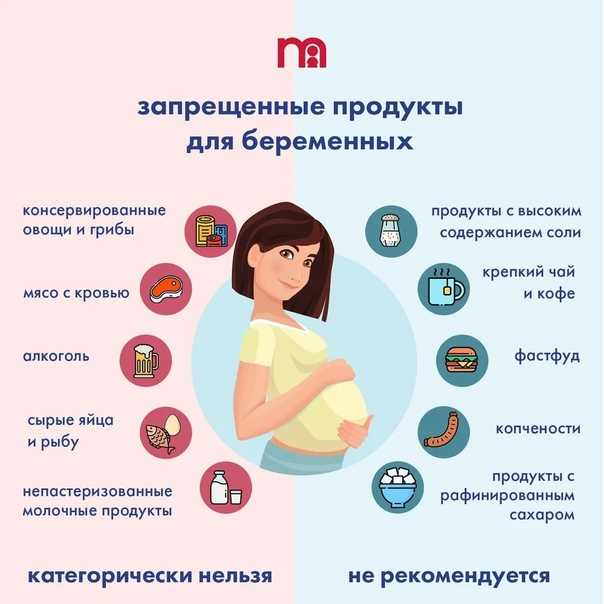 Pulmonologist Stefan Rennard decided to find out if this was true or not. The professor conducted a study and proved that the use of chicken broth affects the mobility of neutrophils, white blood cells that protect the body from infections and activate the immune system.
Pulmonologist Stefan Rennard decided to find out if this was true or not. The professor conducted a study and proved that the use of chicken broth affects the mobility of neutrophils, white blood cells that protect the body from infections and activate the immune system.
- Vitamins can be taken using ready-made pharmaceutical multivitamin complexes. Before choosing a drug, you should consult your doctor. nine0035
- Compliance with the regimen and duration of sleep - at least 9 hours a day. The possibility of psychotraumatic situations should be minimized.
- Maintaining cleanliness in the living quarters (ventilation, wet cleaning).
- Air humidification is an important aspect in the prevention of influenza and respiratory diseases. If air conditioners or heaters are used in the house of a pregnant woman, it would be best to purchase a mechanical humidifier. nine0035
Medications for prevention
- Grippferon - a drug in the form of drops for the nose, which provides prevention and treatment of influenza, is not contraindicated for pregnant and lactating women.
 The medicine stimulates an increase in immunity, has a pronounced antiviral effect that can protect against colds, infections and influenza varieties.
The medicine stimulates an increase in immunity, has a pronounced antiviral effect that can protect against colds, infections and influenza varieties. - Ascorbic acid - can be used as a separate source of vitamin C in a synthetic version, with a reduced daily intake from food. Ascorbic acid not only prevents infection, but also fights viruses that have already entered the body of a woman. nine0035
- Viferon - nasal ointment, which is prescribed for the prevention of influenza and respiratory infections during an epidemic. The ointment has protective and immunomodulatory effects, and also allows you to deal with disorders that are already occurring in the body at the time of use. Viferon in the form of a nasal ointment has no contraindications for use in pregnant women at any time, including the first trimester.
- Aquamaris is a natural drug in the form of a nasal spray that allows you to moisturize the nasal mucosa, thereby reducing the risk of influenza viruses entering the nasal cavity.
nine0035
I would like to say a few words about such a method of prevention as vaccination. Most often, the expectant mother may be at risk of infection due to the annual influenza epidemic. This disease is dangerous for a pregnant woman precisely because of its complications: pneumonia, bronchitis, otitis media. Influenza in a pregnant woman can also affect the health of the fetus. Most of all, it is dangerous in the early stages of pregnancy, when the tissues and organs of the human embryo are laid and formed. Viral intoxication or drug exposure can lead to pathology of the child's organs. In later pregnancy, there is a risk of infection of the fetus. nine0003
The most dangerous consequence of influenza in a pregnant woman is threatened miscarriage or premature birth!
It is quite natural that expectant mothers often wonder whether or not to vaccinate.
Studies have concluded that the use of inactivated ("killed") influenza vaccines does not have a teratogenic effect on the fetus and does not harm the health of a pregnant woman. After consulting with your doctor about such an inoculation, you can come to an optimal solution. nine0073 If an influenza epidemic is inevitable, and the pregnant woman has no contraindications, then the vaccine should be given. If a pregnant woman has a negligible risk of infection, she does not come into contact with a large number of people, or is opposed to vaccination, then you can not do it. According to research, it is known that vaccination of mothers reduces the risk of influenza infection of a born child by 63%. Seasonal influenza prevention is carried out in September, October. Vaccinations for pregnant women are recommended from the second trimester of pregnancy. nine0003
In the period of a planned pregnancy, a flu shot is given 1 month before it: the formation of immunity occurs 2-4 weeks. Protection after vaccination lasts about a year.
If infection does occur, action should be taken immediately if at least one symptom of the disease is detected. The health of a pregnant woman and her unborn child depends entirely on her responsibility and respect for her own body.
Proven folk remedies will be used first. Since pregnant women cannot steam their legs, steam their hands, and this will facilitate nasal breathing. Bundle up, put on woolen socks and crawl under the covers: warmth, peace and sleep are good for colds. Do not forget to drink plenty of water - hot green tea with lemon and honey, lime blossom tea, cranberry juice, rosehip broth, dried fruit compote. Ginger in the form of tea also helps, not only with catarrhal symptoms, but with nausea in the morning. nine0003
Various hot milk drinks are also suitable. Honey can be added to milk, and it is best to boil it on onions. It must be emphasized right away that not all herbs for colds during pregnancy can be used. Here is a list of medicinal plants that are contraindicated: aloe, anise, barberry, elecampane (grass and root), sweet clover, oregano, St. John's wort, strawberries (leaves), viburnum (berries), raspberries (leaves), lemon balm, lovage, wormwood, licorice ( root), celandine, sage. Accordingly, preparations containing these plants should not be taken. nine0003
Accordingly, preparations containing these plants should not be taken. nine0003
The use of medicines for colds during pregnancy must be treated with great care!
It is contraindicated to use the following drugs : Pertussin, Tussin plus, Joset, Glycodin, Ascoril, Travisil, Broncholitin, ACC, Grippeks, Codelac, Terpinkod. Do not use lozenges and lozenges for sore throat or cough are also undesirable due to the likelihood of allergic reactions.
Spray Pinosol, judging by the components indicated in the instructions, is not dangerous during pregnancy. However, the essential oils contained in the preparation - pine, peppermint, eucalyptus, thymol, guaiazulene (wormwood oil) - can lead to an allergic reaction with swelling of the nasal mucosa. nine0003
Viferon suppositories are allowed to be used only after 14 weeks from the start of conception. This drug contains recombinant human interferon alpha-2, ascorbic acid and alpha-tocopherol acetate and has antiviral, immunomodulatory and antiproliferative effects.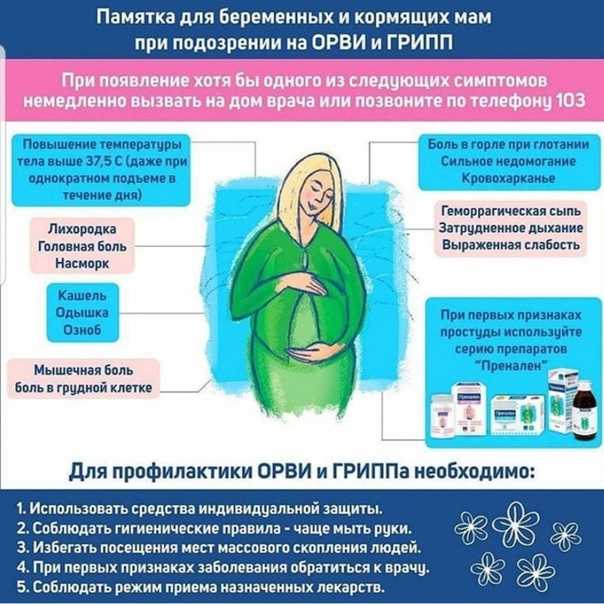 It is used in the treatment of various infectious and inflammatory diseases in adults and children (including newborns). In the form of an ointment, Viferon is used to treat herpetic lesions of the skin and mucous membranes. The ointment is applied in a thin layer to the affected areas of the skin 3-4 times a day for 5-7 days. nine0003
It is used in the treatment of various infectious and inflammatory diseases in adults and children (including newborns). In the form of an ointment, Viferon is used to treat herpetic lesions of the skin and mucous membranes. The ointment is applied in a thin layer to the affected areas of the skin 3-4 times a day for 5-7 days. nine0003
The homeopathic preparation Stodal, which includes predominantly herbal ingredients, acts on various types of cough and has an expectorant and bronchodilator effect.
Viburkol - homeopathic suppositories - have analgesic, anti-inflammatory, sedative, antispasmodic action. They are prescribed in the complex therapy of acute respiratory viral infections and other uncomplicated infections (including in newborns), as well as in inflammatory processes of the upper respiratory tract and inflammatory diseases of the genitourinary system. nine0003
So, you can try to eliminate a slight ailment on your own, but there are conditions under which you need to call a doctor at home:
- Prolonged fever;
- Myalgia, fatigue, fatigue, general malaise;
- Difficulty breathing, nasopharyngeal lumps and dry or wet barking cough;
- A pregnant woman is troubled by severe pressing headache.
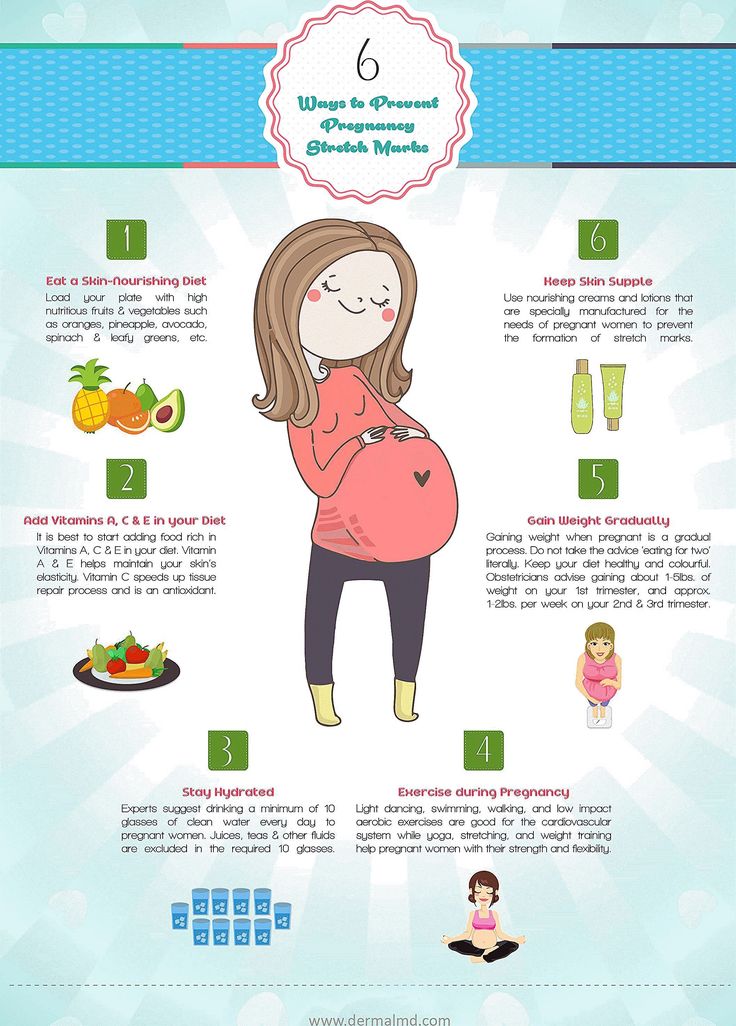 nine0035
nine0035
In conclusion, I would like to emphasize the importance of treating chronic diseases before pregnancy, a healthy lifestyle during childbearing and following all doctor's orders.
I wish expectant mothers and their loved ones to try to maintain a good mood: optimists live longer and happier, they are more productive. Remember your victories and pleasant moments more often and everything will be fine!
Colds ARI, SARS during pregnancy, consequences, treatment
Colds can suddenly take our wonderful future mothers by surprise.
What should I do if I get a cold (ARI/ARVI) during pregnancy?
Is it possible to protect yourself from SARS?
Which medicines are allowed and which are not?
Is it dangerous for the baby?
Pregnancy is a wonderful state, but, unfortunately, even this wonderful period in a woman’s life can be overshadowed by exacerbation of pre-existing chronic diseases of the respiratory system (almost 10% of the population suffers from one or another pathology of the respiratory organs and do not go to the doctor for treatment ). nine0003
nine0003
What is the danger of neglect in acute respiratory infections/ARVI during pregnancy
- The causative agents of viral and infectious diseases can contribute to miscarriage, increased blood loss during childbirth.
- Viruses can also activate existing in the body and other "dormant" infection, contribute to the development of inflammatory diseases of the internal genital organs.
- There is no particular predisposition to infection in pregnant women, but respiratory diseases of an infectious and viral nature in pregnant women are often more severe and give much more complications if treatment is not started on time. nine0035
- The most common diseases in pregnant women are SARS and influenza.
- Colds are dangerous during pregnancy, both in the 1st trimester, 2nd trimester, and 3rd trimester.
ARVI is an acute respiratory viral infection, i.e. The source of the disease is viruses that a sick person releases in large quantities when coughing, sneezing, talking. We are especially prone to viral infections during the cold season, as well as during the transitional periods of autumn and spring - when it is hot during the day, cold in the morning, and sometimes we dress completely inappropriate for the weather. nine0003
We are especially prone to viral infections during the cold season, as well as during the transitional periods of autumn and spring - when it is hot during the day, cold in the morning, and sometimes we dress completely inappropriate for the weather. nine0003
The onset of SARS is usually gradual with a general malaise, lethargy, slight fever, and a runny nose or sore throat.
Influenza, unlike SARS, is more severe and poses a great danger to both mother and fetus. Influenza epidemics recur almost every year, during which 30-40% of the population falls ill.
This is an acute viral disease transmitted by airborne droplets. The influenza virus penetrates through the respiratory tract, affects the mucous membrane, increases the permeability of the walls of blood vessels. The flu virus lowers the immune system, which can exacerbate chronic diseases. The onset of influenza is acute, sudden: 30 minutes ago everything seems to be fine, but now it’s temperature, chills, fever. nine0003
nine0003
What to do if you get SARS during pregnancy?
Treat for sure!!!
Do not hope that it will go away on its own and somehow manage to lie down. Even with a slight malaise, the likelihood of complications in a pregnant woman is high.
Be sure to visit a doctor, a competent therapist or general practitioner will give you comprehensive recommendations on drug therapy, as well as the use of home remedies that will not harm you and your baby. nine0003
Do not self-medicate, antiviral drugs, herbs, lozenges, antibiotics and antibacterial drugs should not be taken without a doctor's prescription. Your body during pregnancy may react differently than in normal life.
Is it possible to protect yourself from SARS during pregnancy?
SARS prevention measures are simple and affordable:
- Pregnant women should limit their visits to crowded places with large crowds of people indoors, wash their hands more often (personal hygiene), beware of hypothermia, i.
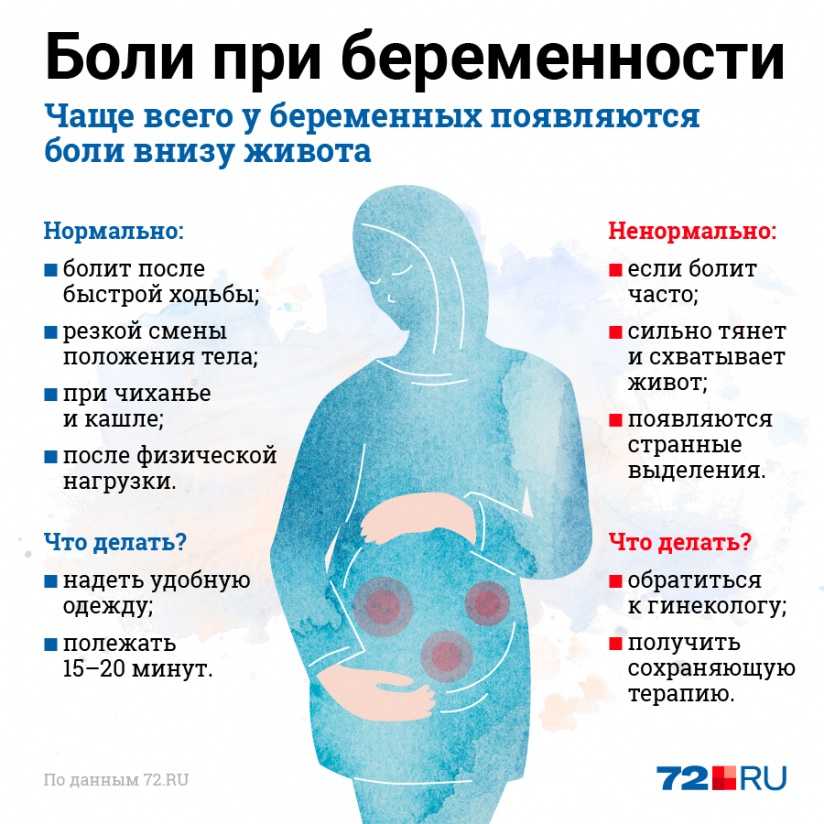 e. dress for the season and the weather. nine0035
e. dress for the season and the weather. nine0035 - Proper balanced nutrition, vitamin intake and more positive emotions are of great importance.
- After coming back from the street or working at home, it is a good idea to gargle with sea water and flush the nose.
- Before work, lubricate the nasal cavity with oxolin ointment or peach oil.
- At work and at home, take care of proper air humidification (ionizers, humidifiers)
- Important! Do not forget about regular walks in the fresh air, a full sexual life (if there are no contraindications) and sports (taking into account the physiological characteristics of the pregnant woman)
What medications can be taken during pregnancy if you have ARVI?
- Medications are prescribed individually, based on the situation, the doctor selects.
- You can bring down the temperature with Paracetamol (both tablets and suppositories).
- Absolutely everyone is shown a warm alkaline fortified drink.






